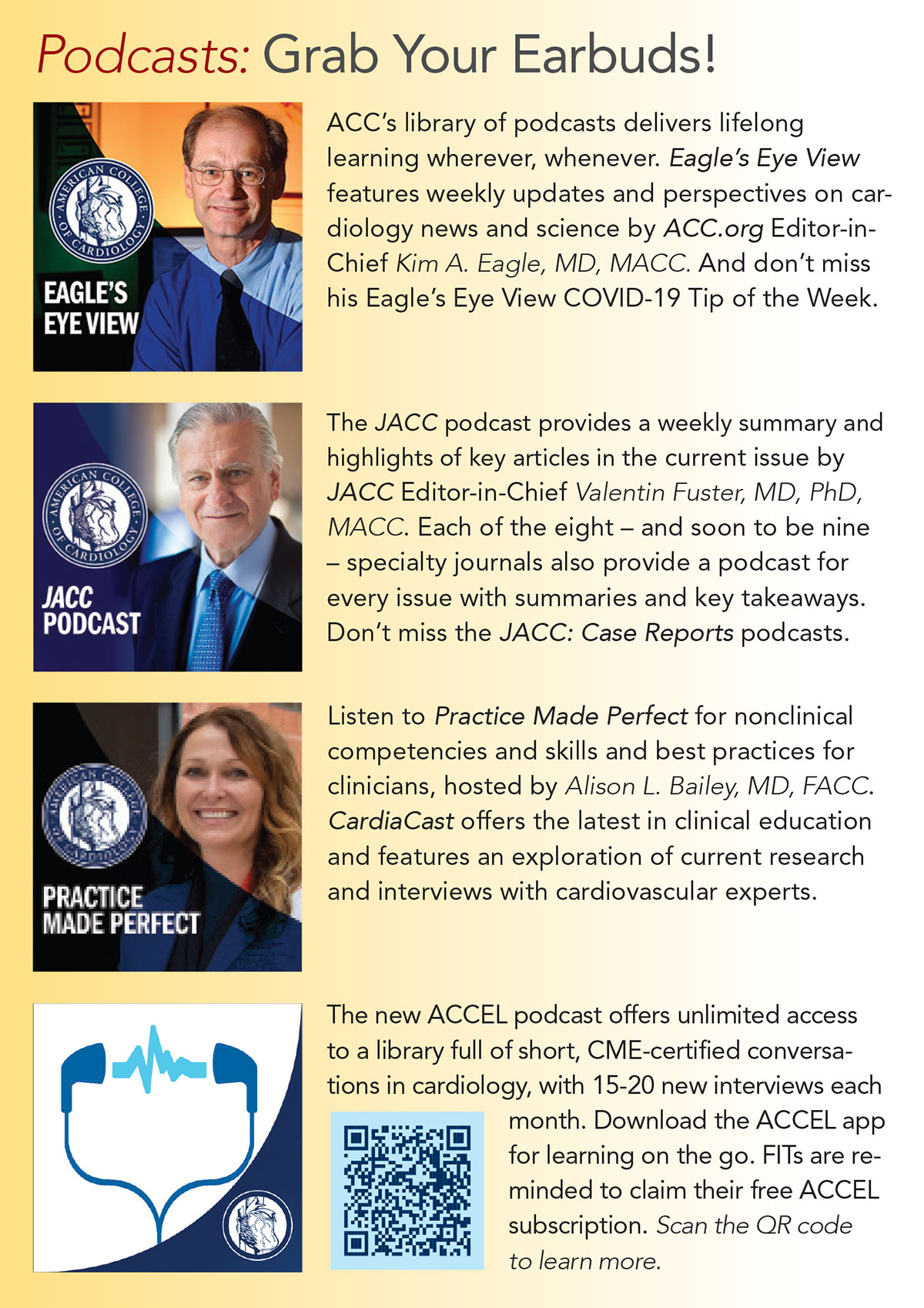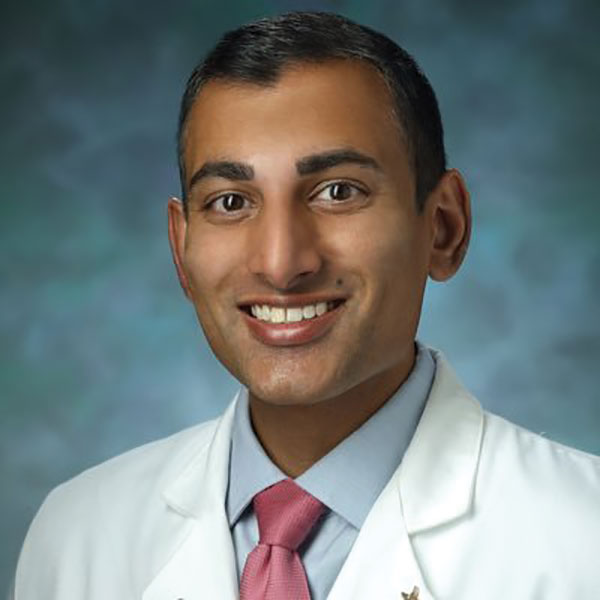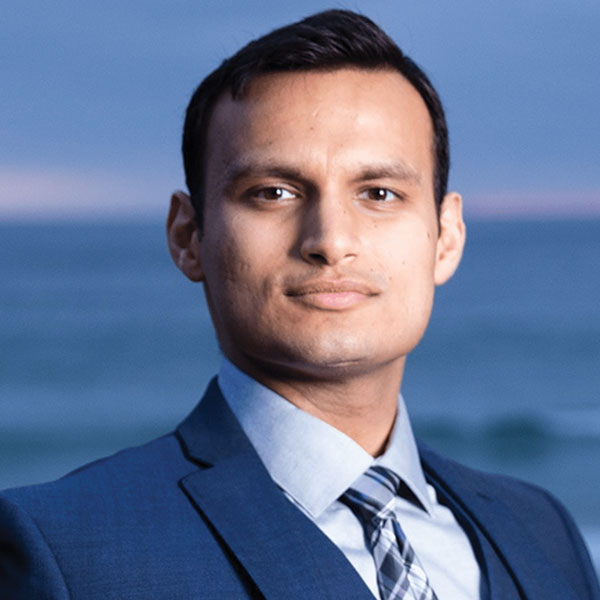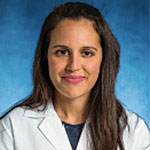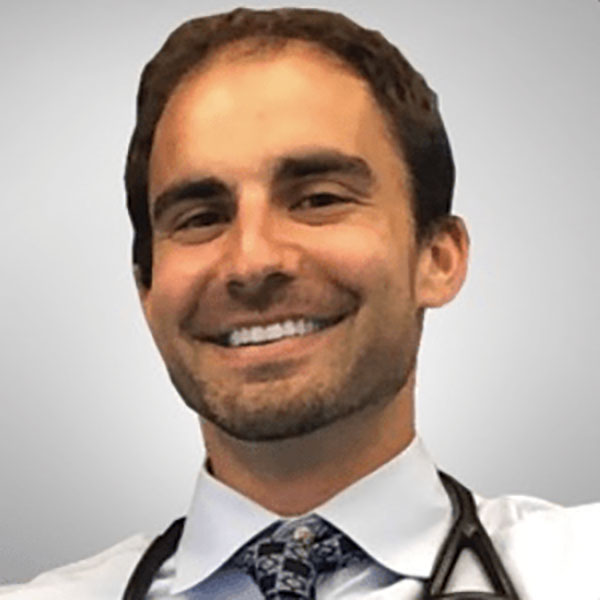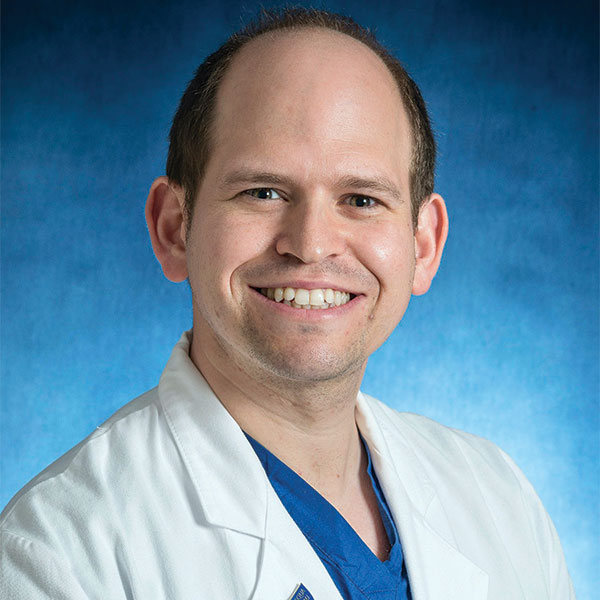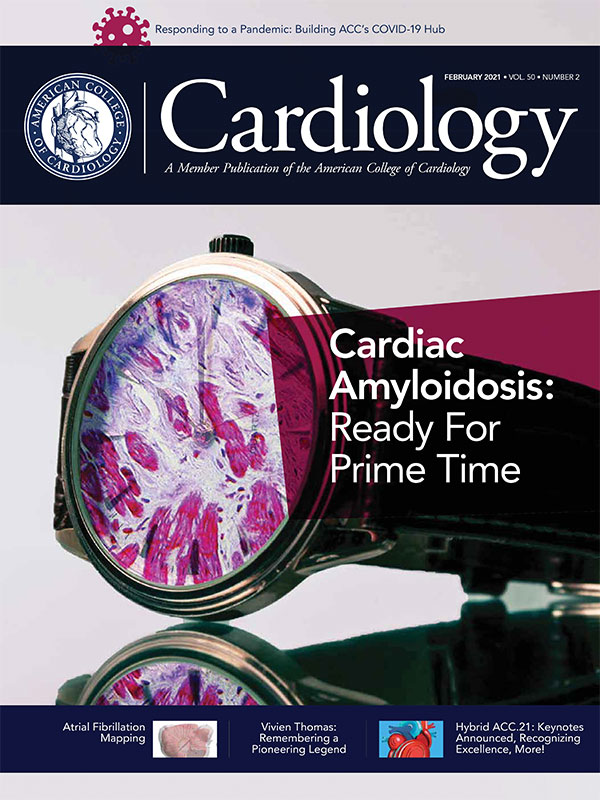For the FITs | Trending in Cardiology Education: Medical Podcasts
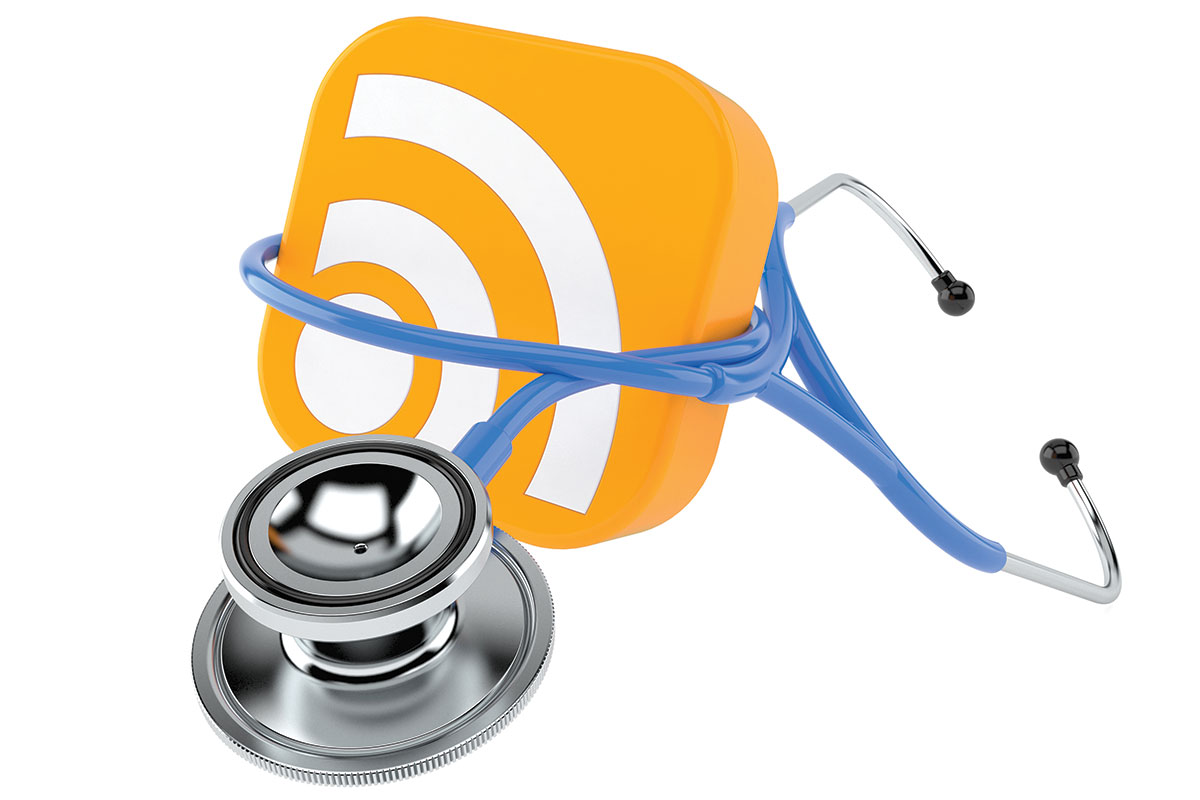
At the start of training, many of us had reading lists as we began our academic year or rotation.
An early task was ensuring access to the highest quality resources.
Just 10 to 15 years ago – around the first day of medical school for a newly minted interventional cardiologist today – these resources surely would have included Harrison's Principles of Internal Medicine or Braunwald's Heart Disease.
Yet within just one life cycle of medical training, as social media has proliferated in every aspect of our daily lives, asynchronous medical education has undergone a rapid evolution with a transition from textbooks to the digital space.
Asynchronous learning and specifically medical podcasts – such as The Curbsiders (thecurbsiders.com), Clinical Problem Solvers (clinicalproblemsolving.com), CoreIM (coreimpodcast.com) and CardioNerds (cardionerds.com) – have quickly become pillars of modern medical education.
Medical podcasts have moved from being supplemental educational material for foundational texts and classroom instruction to being a parallel, if not preferred, medium for consuming educational content.1
Reflecting a general societal trend for on-demand and easily available content, medical podcasts are convenient for the learner and have democratized education for both the learner and teacher.
Trainees, attendings and advanced practitioners in any corner of the world are now able to join conversations with thought leaders in internal medicine and cardiovascular medicine – once only possible within the walls of the hospital or clinic – from their living room, treadmill or drive to work.
Asynchronous learning via podcasts is not as novel as its recent popularity may make it seem. In 2005, Harvard Medical School made its entire syllabus available via download as MP3 files.2 By the late 2000s, leading medical journals had released podcasts to complement their print issues.3
However, uptake had been patchy until the early 2010s.
Rooted in a belief that world-class clinical medicine education should be available to anyone, anywhere, emergency medicine physicians independently spearheaded a renewed interest in digital medical education that collectively has become known as free open access medical education (#FOAM).
Subsequently, podcasts have become increasingly popular, especially among trainees. In one survey of 356 emergency medicine residents, nearly 90% of respondents reported listening to podcasts at least once a month,4 and another survey of 226 residents identified podcasts as the preferred platform over textbooks and medical journals for extracurricular education.5
With diversity in who teaches and what material is covered on podcasts along with flexibility for when and where a learner can consume the content, the why to explain the popularity of medical podcasts is easily apparent.
Furthermore, this "paradigm shift in education"5 has benefitted from formal integration into graduate medical education (GME) curricula6 and subsequent rapid adaptation in other specialties.1
Within cardiology, the CardioNerds podcast is a fellow-founded educational platform with a core mission to democratize cardiovascular education.
Beyond the core mission, the CardioNerds platform has become a fulcrum for building a community of cardiovascular educators, not only providing an international microphone for diverse voices that otherwise might not be heard, but elevating trainees into a position of co-hosting episodes.
The importance of asynchronous education in cardiology has been magnified by the ongoing COVID-19 pandemic. As much of GME and postgraduate education moved to a remote format, podcasts have fulfilled a need for ongoing, quality digital content.
For example, Cardio-Nerds collaborated with the ACC's FIT Section on a case-based podcast series that facilitated connections between fellowship program directors and FITs.
Forty-four cardiology fellowship programs across 23 states and Washington D.C., representing 137 fellows and 80 faculty, participated in the series, which covered the full gamut of cardiology topics, and importantly guests were able to share the culture of their respective programs with the overall cardiology community.
If the hidden curriculum can alienate and burden trainees with self-doubt, the CNCR series was an explicit attempt to role model inclusion and highlight the deep and diverse talent within the field of cardiology.
While medical podcasts are more than a medium to disseminate medical knowledge, digital medical education is a nascent field with many uncertainties.
One of the most common concerns raised about podcasts is the lack of a standardized editorial process to ensure accuracy.3
Digital educational content creation has largely been the result of the individual talents of educators rather than a teachable skill. Furthermore, for the creators of podcasts, funding and recognition towards clinical and academic promotion are critical issues to ensure protected time.
When harnessed appropriately, podcasting has the potential to ensure access to high-quality cardiovascular education to anyone, anywhere.
As digital media education upends traditional pedagogies, all cardiologists should have some familiarity with how to incorporate medical podcasts into structured and/or informal training.
References
- Berk J, Trivedi SP, Watto M, et al. Medical education podcasts: Where we are and questions unanswered. J Gen Intern Med 2020;35:2176-8.
- Rainsbury J, McDonnell S. Podcasts: an educational revolution in the making? J Roy Soc Med 2006;99:481-2.
- Rodman A, Trivedi S. Podcasting: A roadmap to the future of medical education. Semin Nephrol 2020;40:279-83.
- Riddell J, Swaminathan A, Lee M, et al. A survey of emergency medicine residents' use of educational podcasts. West J Emerg Med 2017;18:229-34.
- Mallin M, Schlein S, Doctor S, et al. A survey of the current utilization of asynchronous education among emergency medicine residents in the United States. Acad Med 2014;89:598-601.
- Cadogan M, Thoma B, Chan TM, Lin M. Free open access meducation (FOAM): the rise of emergency medicine and critical care blogs and podcasts (2002-2013). Emerg Med J 2014;31(e1):e76-e77.
Clinical Topics: Arrhythmias and Clinical EP, Congenital Heart Disease and Pediatric Cardiology, COVID-19 Hub, Heart Failure and Cardiomyopathies, Implantable Devices, SCD/Ventricular Arrhythmias, Atrial Fibrillation/Supraventricular Arrhythmias, Congenital Heart Disease, CHD and Pediatrics and Arrhythmias, CHD and Pediatrics and Quality Improvement, Acute Heart Failure
Keywords: ACC Publications, Cardiology Magazine, COVID-19, Schools, Medical, Fellowships and Scholarships, Social Media, Hospitalists, Obstetrics, Benchmarking, Reading, Internship and Residency, Rotation, Access to Information, Internet, Education, Medical, Graduate, Curriculum, Education, Medical, Emergency Medicine, Faculty, Heart Failure, Clinical Medicine, Heart Defects, Congenital, Hospitals, Neoplasms, Life Cycle Stages, Electrophysiology
< Back to Listings

